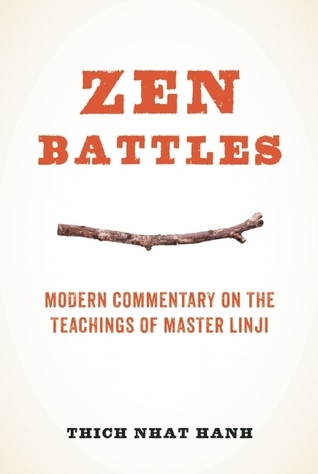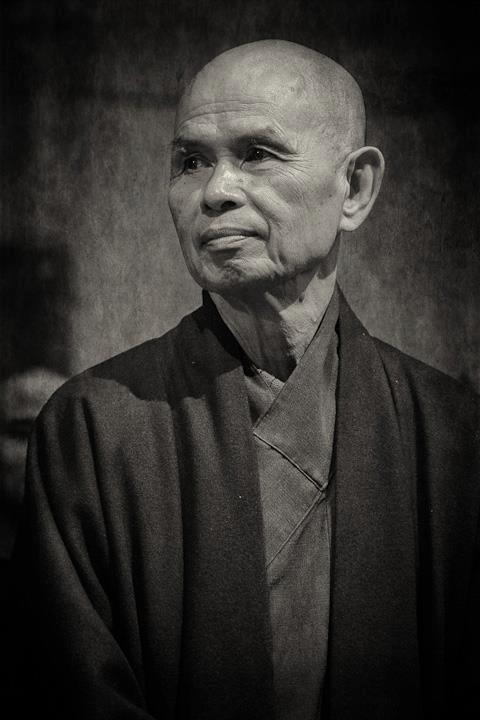
Powerful, direct, and uncompromising reflections on the teachings of a Zen master and the enlightenment inherent within us all One of the key tenets of the Zen school of Mahayana Buddhism is that each one of us is already a Buddha—our enlightenment is inherent within us, and the practice of mindfulness is the tool to bring this truth to our full awareness. While it can bring much relief, this simple statement does not preclude the need for practice. We must strive to always be aware of our Buddha nature, rather than waiting until times of emotional upheaval when it is more difficult to practice. Thich Nhat Hanh uses the teachings of ninth century Zen Master Linji to elaborate on this simple truth and to give readers tools that can help awaken them to their true inner nature. Linji's recorded teachings are the most significant we have from the Ch'an school. One of the unique aspects of Linji's teaching, is the need to “wake ourselves up,” not only by means of sitting meditation and listening to enlightened teachings, but also through unique techniques such as the shout, the stick, and the empty fist. Master Linji emphasized direct experience of our true nature over intellectual explorations of the teachings, and he encouraged his students to not “become lost in the knowledge or the concepts of the teaching.”
Author
